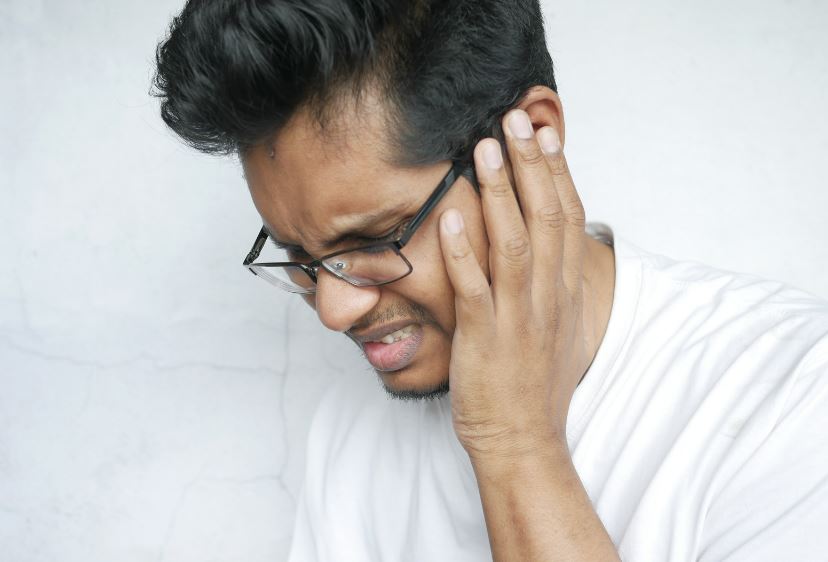Mr Joseph Manjaly
Consultant ENT Surgeon, Otologist & Hearing Implant Specialist
Specialist expertise: Ear, Nose and Throat, Microsuction, Otology, Tinnitus, Cochlear Implants, Hearing Loss, Blocked Ears, Ear Infections, Deafness, Ear wax build-up, Glue Ear, Otitis Media, Otorrhoea, Otalgia, Dizziness, Vertigo, Eustachian Tube Dysfunction, Perforated Eardrum, Eardrum Retraction, Otosclerosis, Tympanic Membrane Retraction, Cholesteatoma, Meniere’s Disease, Vestibular Neuronitis, Labyrinthitis, Tympanoplasty, Ossiculoplasty, Stapedectomy, Bone Anchored Hearing Aid Insertion, Myringotomy, Grommet Insertion, Bone Conduction Implants, Middle Ear Implants, Tympanomastoidectomy, Blind Sac Closure, Canalplasty, Meatoplasty, Mastoid Cavity Obliteration, Paediatrics.

